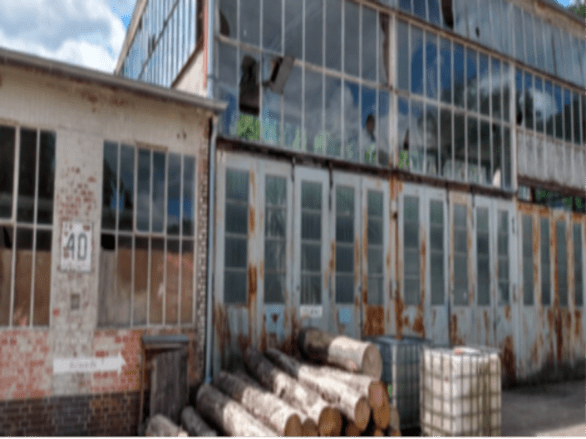| Short description: | Since its construction in 1901, the site has been in continuous use until 1993. During the imperial era, the site was used as a training area for pioneers, with the "Großes Pionierübungswerk" as its centrepiece. After it was partially filled in, a land training area was created and motor vehicle halls and accommodation were built. A phase of civilian use followed around the end of the First World War. From 1934 until the end of the Second World War, pioneers were again trained for frontline operations. At the end of the 1940s, small companies settled here, including a car repair shop, a seed trade and a metal recycling company, and used the former pioneer training site partly as a rubbish dump. In 1956, the Federal Armed Forces took over an almost complete old building stock. Due to the long and complex history, the focus was on the reappraisal and clarification of the partly small-scale uses. A total of 19 areas suspected of contamination were identified. Each site was described and assessed in a fact sheet. For 17 contaminated sites there was a need for further investigation within the framework of Phase IIa. Due to the extensive sealing of the area, investigations of the groundwater were initially dispensed with. For the exploration of the subsoil, small percussion drillings (KRB) were recommended in the area of each KVF until the grown soil was safely reached or until organoleptically/sensory inconspicuous soil layers were reached. |






